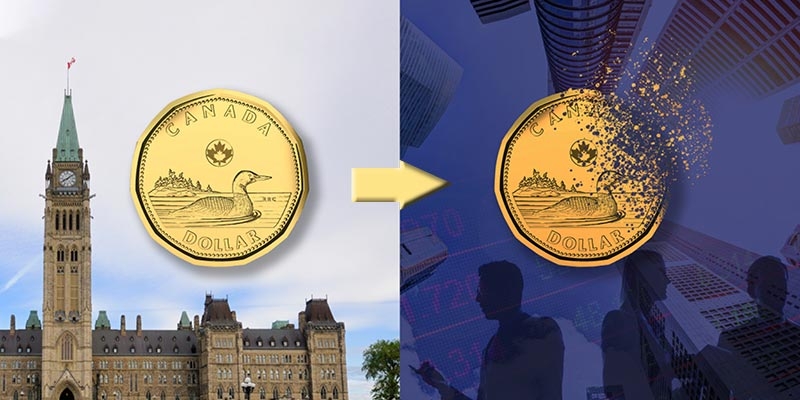Is Fiscal Stimulus an Effective Policy Response to a Recession? Reviewing the Existing Research
— Publié le 25, June, 2020

Summary
- This report examines existing academic studies that analyze evidence regarding the effectiveness of fiscal stimulus—additional government spending and/or tax relief—as a mechanism to mitigate the impact of a recession and speed up economic recovery. The research raises significant doubts about whether fiscal stimulus can achieve this objective.
- Evidence from University of California— San Diego professor Valerie Ramey and Harvard University professor Robert Barro demonstrates that the fiscal multiplier created by increased government spending is below 1.0, indicating that stimulus measures actually crowd out economic activity that would otherwise have occurred.
- Empirical research from Stanford University professor John Taylor shows that the US stimulus package during the 2008-09 recession failed to increase consumption and had little to no effect on economic growth.
- Research also shows that the Canadian government’s stimulus in response to the 2009 recession contributed little, if anything, to the economic turnaround.
- Harvard University professor Alberto Alesina finds that increases in government spending are associated with lower growth, while stimulus based on decreases in personal and business taxes are associated with higher rates of economic growth. In addition, Alesina’s work suggests that reductions to government spending are an important part of reducing fiscal deficits following a recession.
- Before implementing any fiscal stimulus packages, Canadian policymakers must consider the potential implications on both the economy and government balance sheets. Past history suggests that stimulus will not improve the Canadian economy and may even be a detriment to it.




